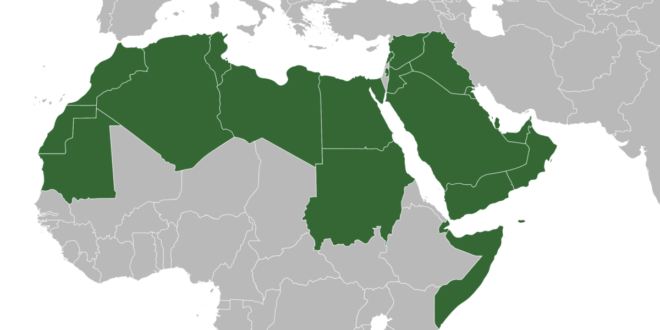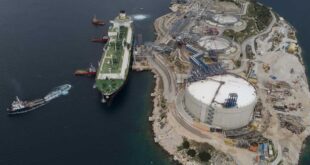Eng. Saleem Al Batayneh
In the vast tapestry of Arab history, an unsettling question looms large: What ails the Arab world? The answer, evident in news broadcasts and communication channels, unfolds as a narrative of pain, injustice, oppression, and humiliation—stretching from the ocean of oppression to the Gulf of humiliation.
The recent Gaza massacre prompted reflection, fueled by an article from American writer Thomas Friedman titled “The Crazy Poor Middle Easterners.” Friedman compared Asia’s prosperity to the Arab world’s struggles, attributing Asia’s success to a lack of political and ethnic divisions. It emphasized education, future-focused perspectives, and the battle against corruption.
In grappling with our Arab reality, the terminology feels inadequate. Is it the curse of history, geography, or their interconnected facets? The Arab plight remains largely unacknowledged, and, if nations were classified, the Arab world might bear the label of a failed and fragile nation.
Arabs appear to pass through history without dwelling in it, creating a cognitive break with the past. The ongoing geopolitical transformations, poised to reshape the international landscape, find the Arab world ill-prepared. Some predict the disappearance of certain Arab countries from the Middle East map, a revelation made by former CIA head Michael Hayden five years ago.
The Arab project, unlike those of Persians or Turks, appears nonexistent, dependent on external whims. While other nations achieve their goals, Arabs seem to traverse from one station of failure to another. The loss of Arab stability coincided with the introduction of the term “Middle East” in the mid-sixties, shifting national liberation movements into internal conflicts.
The invasion of Kuwait marked a historic low, where one Arab nation invaded another. A political approach rooted in corruption and clientelism emerged, exacerbating social disparities and witnessing peace treaties with Israel.
The echoes of Andalusia’s fall centuries ago resonate with the current Arab predicament—massacres, destruction, and displacement leading to the erasure of a once-vibrant civilization. As we grapple with our unravelling identity, the urgency to revisit historical terms grows, knowing that history, indifferent to silence, continues to inscribe its narrative.
The current generation must comprehend the intersections of time, place, and historical reckoning. Failure to heed the signals of change could consign us to the same fate that befell past civilizations. As we confront our shared collapse, the phrase “the Arab homeland is collapsing” transcends mere terminology—it becomes an existential reality. A reckoning awaits, and only when our grandchildren mourn our legacy might we realize the full extent of our losses. The winds of change are relentless, and those who fail to discern their direction risk being overtaken by the events they ignore. Ultimately, history will unveil the consequence of our inaction, leaving us to grapple with the harsh reality that we were consumed on the day the white bull was eaten.
Eng. Al Batayneh was a member of the Jordanian Parliament
 Geostrategic Media Political Commentary, Analysis, Security, Defense
Geostrategic Media Political Commentary, Analysis, Security, Defense





